We are excited to announce our three part series: Revolutionizing Veteran Healthcare, with our first part, How CBD Could Transform the VA System. Before we dive into this, I would like to mention a few things.
The founding of Organic Grit is rooted in the commitment to deliver top-notch CBD products to U.S. veterans contending with diverse mental and physical challenges.
Many of our friends have dedicated years away from home, serving in demanding environments without hesitation. We embraced the experience wholeheartedly.
Yet, what caught us off guard was the profound toll, both physically and mentally, that this service exacted.
It wasn't until our departure from the military that we fully grasped the extent of this damage.
We all continue our fight in our own ways, but one thing that must happen is for us to MAKE IT BACK.
Make it back, by any means.
It's for us all.
This fight is for you.
With that lets dive into it.
CBD (cannabidiol) is a non-psychoactive compound found in the cannabis plant that has been gaining increasing attention for its potential therapeutic benefits.
Many people have reported using CBD to manage symptoms such as anxiety, pain, and insomnia, and as a result, it has become a popular alternative to traditional pharmaceuticals.
One group of people who may particularly benefit from CBD are U.S service members, who often struggle with physical and mental health issues related to their service.
In this blog post, we will explore the potential benefits of incorporating CBD into the Veterans Affairs (VA) healthcare system and the challenges that may arise.
The Need for Alternative Therapies for Veterans
Veterans face a unique set of challenges when it comes to their health.
They may have physical injuries, such as amputations, traumatic brain injuries (TBI), and chronic pain, as well as mental health conditions like post-traumatic stress disorder (PTSD) and depression.
Many of these conditions are difficult to treat with traditional medications and therapies, and often come with side effects that can be just as debilitating as the conditions themselves.
As a result, veterans are increasingly turning to alternative therapies, including CBD, to manage their symptoms.
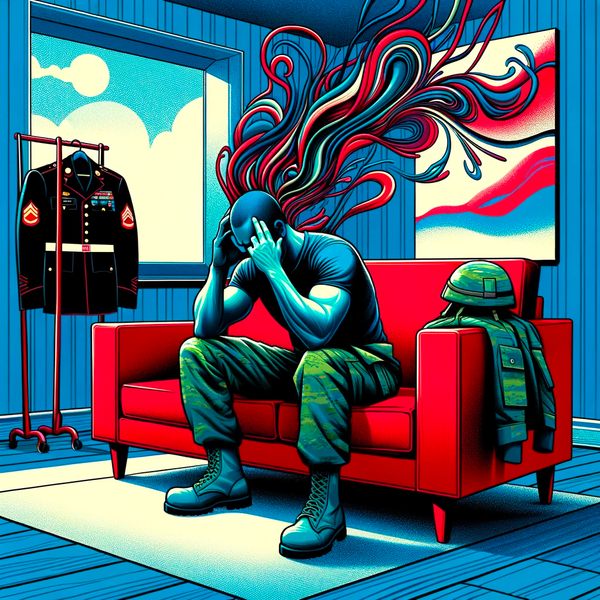
Benefits of Incorporating CBD into the VA
CBD has been shown to have several benefits for the veteran community .
One of the most significant is the potential for CBD to reduce the use of opioids and other prescription medications that are commonly used to manage pain and other symptoms in veterans.
Opioid addiction is a significant problem among veterans, with one study finding that veterans are twice as likely as civilians to die from accidental opioid overdoses.
By providing veterans with alternative pain management options like CBD, the VA could potentially reduce the reliance on opioids and other potentially addictive medications.
In addition to pain management, CBD could also be beneficial for veterans with mental health conditions like PTSD and depression.
Studies have shown that CBD can reduce symptoms of anxiety and insomnia in patients with PTSD. CBD has also been shown to have antidepressant-like effects in animal studies, suggesting that it could be a promising treatment for depression as well.
Another benefit of incorporating CBD into the VA is the for cost savings.
Traditional pharmaceuticals can be expensive, especially for veterans who may require long-term treatment for their conditions.
CBD, on the other hand, is generally more affordable and accessible, making it a more cost-effective option for veterans who may not have access to high-quality healthcare.
We will dive in the benefits of incorporating CBD into the VA in a future post.
Challenges of Incorporating CBD into the VA
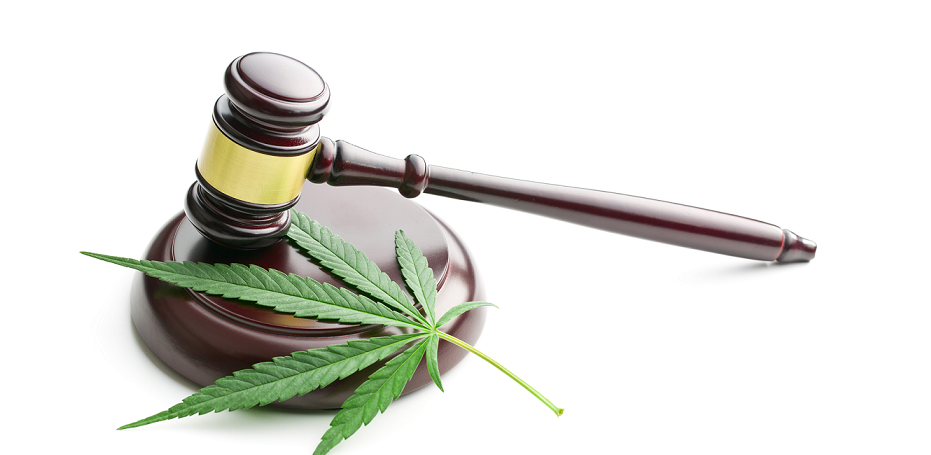
Despite the benefits of CBD, there are several challenges that would need to be addressed before it could be incorporated into the VA healthcare system.
One of the primary concerns is the legal status of CBD. While hemp-derived CBD is legal under federal law, the legality of CBD products derived from marijuana is still murky, as marijuana is still classified as a Schedule I controlled substance by the federal government.
This creates a complex legal landscape that could make it difficult for the VA to offer CBD products to veterans.
Another concern is the lack of standardized dosing and quality control in the CBD industry. Unlike pharmaceutical drugs, which are subject to rigorous testing and regulation, CBD products are largely unregulated.
Organic Grit separates itself from many CBD companies in this regard because we test all our CBD products at a third-party testing facility in Colorado.
Our products are produced in FDA approved facility and have labels that are easy to read.
Although we are above the standard, this means that the quality and potency of other CBD products will vary widely from one manufacturer to another, making it difficult to ensure that veterans are receiving safe and effective products.
The Bottom Line
Incorporating CBD into the VA healthcare system will provide veterans with safe and effective alternative options for managing their physical and mental health conditions.
CBD has been shown to reduce the use of opioids and manage symptoms of PTSD and depression, among other conditions.
However, there are challenges to be addressed, such as legal and regulatory barriers, standardization in dosing and quality control.
Nonetheless, with careful consideration of these challenges and a commitment to evidence-based practices, incorporating CBD into the VA could offer a safe and effective alternative to traditional pharmaceuticals.
It is important to remember that CBD may not be effective for every veteran and is not a panacea. However, by offering CBD as an alternative therapy, the VA could provide veterans with a safe and potentially effective option for managing their symptoms.
Ultimately, the decision to incorporate CBD into the VA healthcare system should be made with the best interests of veterans in mind.
By exploring new and innovative treatment options like CBD, we can help ensure that veterans receive the high-quality healthcare that they deserve.
We Are In The Fight
Advocating for the incorporation of CBD into the VA healthcare system is an important step in ensuring that veterans have access to safe and effective treatment options for their physical and mental health conditions.
As a company who cares deeply about the wellbeing of veterans and understands the benefits of CBD, we are committed to advocating for its integration into the VA system.
To start, we plan to educate ourselves on the latest research and information on the use of CBD for veterans' health issues.
By staying informed, we can better articulate the benefits of CBD and address any concerns or misconceptions that may arise.
We also plan to share this information with others, including veterans and their families, VA healthcare providers, policymakers, and you.
By raising awareness and building support for CBD, we can help create a more favorable climate for its integration into the VA system.
Finally, we plan to engage in direct advocacy efforts, such as writing letters to policymakers or testifying at public hearings.
By sharing personal experiences and advocating for the benefits of CBD, we can help to influence policy decisions and ultimately improve access to innovative treatments for veterans.
We will continue the push and inform the community on our moves to get this CBD into the VA system.


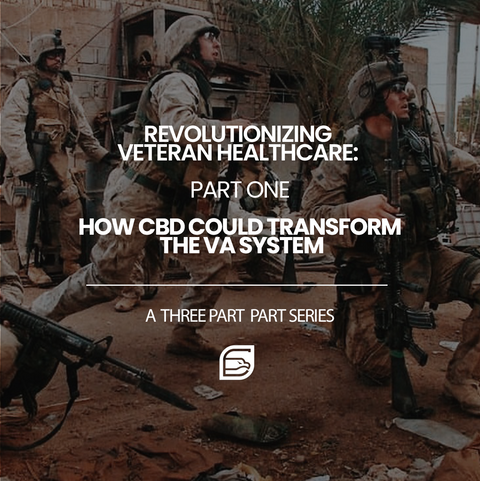
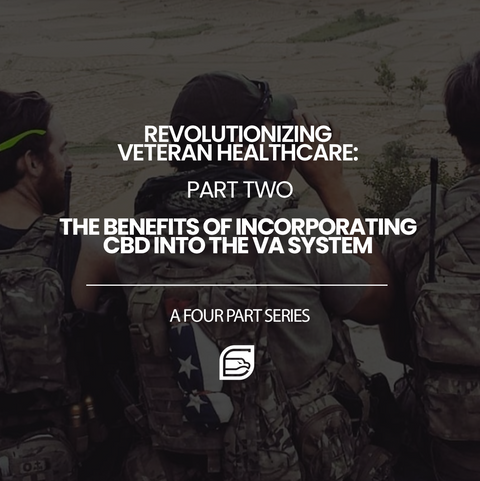
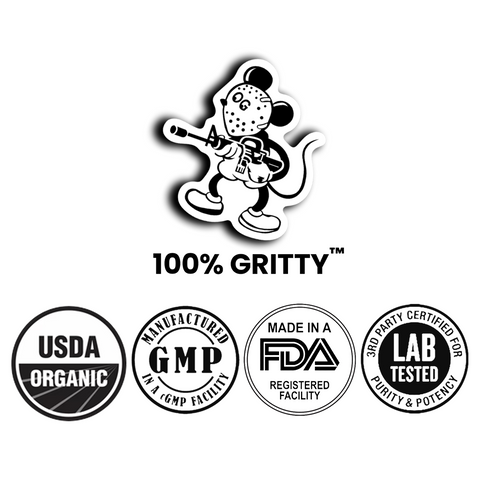
Comments (0)
There are no comments for this article. Be the first one to leave a message!